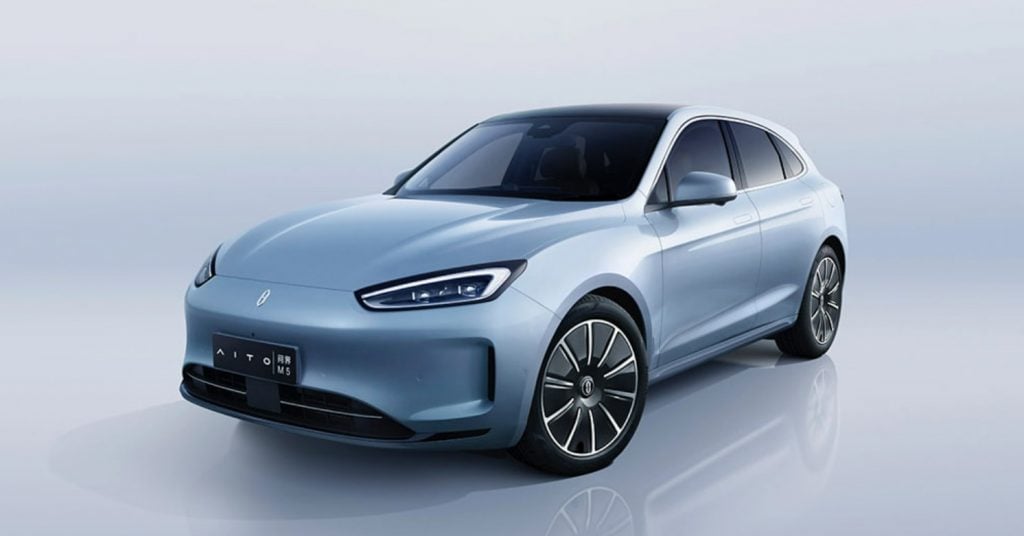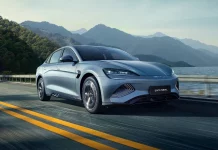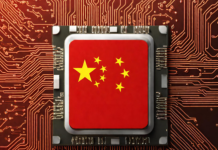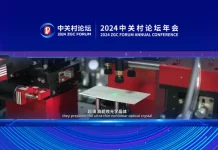Huawei recently unveiled its plan to target high-end Electric Vehicle (EV) customers. Though the company has no plans to make its own EVs, it has partnered with already established domestic automakers to penetrate the EV market.
When asked about its EV plans, the CEO of Huawei Consumer Business Group, Richard Yu said that the company planned to sell more than a million EVs powered by Huawei’s Ecosystem, in 2025. The base variant of EVs using the Huawei software would cost no less than $29020 (RMB 200,000). Essentially Huawei plans to partner with automakers who compete with market leaders like BYD and Tesla which sell EVs at an average price of $33000.

Huawei’s EV Partnership
Huawei which entered the EV market in 2021 partnered with companies like Seres, Changan, and BAIC to sell EVs in China. It is also working on partnerships with JAC Motors and Chery Automobile CO. Ltd, a state-owned automaker known for its partnership with Jaguar Land Rover.
Huawei, which was one of the top tech companies, was crushed under the heavy sanctions levied by the US over the past few years. Once the company entered the infamous US Entity Trade list, it was boycotted by all US firms and suffered a huge loss in its business.
In 2021, Huawei’s revenue shrank 28.6% to 636.8 billion yuan ($93.7 billion), as it could not bypass the US-led sanctions and trade bans over the past three years. In fact, this revenue loss is also one of the major reasons for the company to step into the lucrative EV industry. As China is the biggest EV market in the world, Huawei also wants a share of the pie. Hence it partnered with local automakers to dive into the EV market.
Huawei’s EV Journey
Huawei announced its plan to enter the EV industry in 2021 and unveiled the first Huawei-powered Electric SUV the Aito M5 in September 2022. The telecommunication giant partnered with Chinese automaker Seres to supply technology for the sports utility vehicle, which was an instant hit in China. Within 4 months of its launch, Aito M5 outsold big EV brands like Nio and Volkswagen and, in fact, gave stiff competition to Tesla’s popular EV the Model Y.
However, the unexpected sales in the initial period were actually fueled by patriotism rather than consumer demand. The Chinese people were already angry with Washington’s take on their country, and the added sanction on companies like ZTE and Huawei awakened their patriotic instincts. At the time of the launch of Aito M5, Chinese President Xi Jinping asked his citizens to refocus on the nation’s economy by buying locally. This led to a frenzy of nationalism and aided the sales of Huawei technology-powered Aito M5.
However once the nationalist sentiments cooled down Aito M5 sales, started facing pressure from factors like the global economic downturn, COVID-19 policies, weak domestic market, and cutthroat competition which affected all the EV makers in China. In 2022, the company saw below-target sales for Aito as it delivered just 76,180 cars.
China’s automobile industry in general has suffered due to its Zero-Covid policy which resulted in reduced demand, supply shortage, and a standstill in production. Now, the EV makers in China are trying to revive their sales by lowering prices and offering better features. Industry leader Tesla has already cut down the price of Model 3 and Y by almost 13%. Recently, Seres also slashed its price for Aito M5 to retain its market. Amidst this tough competition, Huawei plans to enter the EV market by targeting high-end consumers who can pay the price for its technology.
RELATED:
- Huawei Won’t Make Cars but Will Build Smart Car Ecosystem for Other Brands: Exec
- Huawei Shifts Gears to Combat US Sanctions: Focus on 5G Powered Digital Infrastructure
- Huawei Lost 80 Million of Its Customers to Xiaomi, Apple, & Honor: Lu Weibing
- Best Laptops for College Students in 2023
(via)







